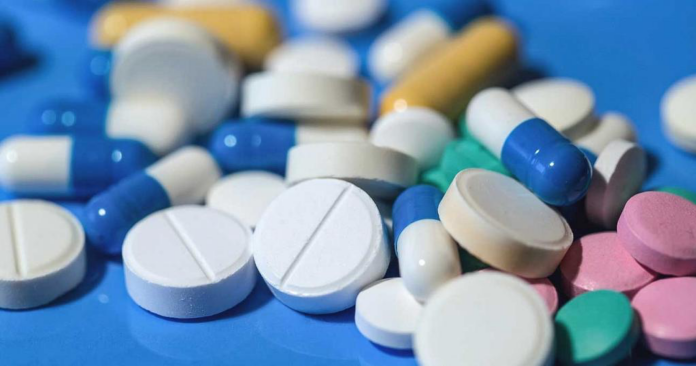
By Josh Daniels
https://www.africanews.com/2019/06/29/africa-hit-by-a-tramadol-crisis-and-opioid-use-booms-un/
As the opioid epidemic continues in North America, the same crisis has slowly grown in Africa over the last decade. Tramadol – an opioid used to treat pain – has spread throughout the continent in alarming amounts. In 2013, 300kg of the substance was seized in Africa. By 2017, it had gone up to three tons. Currently, 87% of opioid seizures globally occur in Africa, and the future does not look promising for the already struggling continent.
Originally intended to help laborers through pain, tramadol has entrenched itself into youth culture. It has become common for kids to mix the drug into energy drinks and water for school. The crisis has even affected nature in the nation; Tramadol was discovered by a team of researchers in the roots of Nauclea Latifolia, a popular medicinal plant in Africa. There are different theories of how the substance arrived in the roots, one being that the drug has been so overused that it has seeped into groundwater through people’s urine. Another theory is that farmers have been feeding their cows the drug, and their feces have distributed it.
Opioid use in Africa is clearly a crisis, yet there is very little help for the people of the continent. Various countries do not have sufficient drug treatment services; Cameroon only has a single rehabilitation center in the whole country. Most countries have resorted to drug prevention measures of the past, cracking down on illegal substances through intense restrictions and harsh punishments. These methods have not worked, and huge black markets have risen throughout Africa as a consequence.
Countries have even begun reducing the amount of medical tramadol that can be given out to patients, even though it is their only option for actual pain relief. Morphine and other pain killers have been restricted across the continent, so most people have no other option other than tramadol. Another problem with this course of action is that most tramadol being sold is not even the real drug. Labs in China and India have produced pills labeled as tramadol, which are then trafficked into the country, but are not actually tramadol. The restricting of the use of medical tramadol will only hurt the people of Africa and encourage illegal trade.
Medical fraud is no stranger to the continent – according to the WHO, fraudulent anti malarial drugs cause an estimated 270 thousand deaths each year in sub-saharan Africa. Terrorists like Boko Haram, a well known terrorist organization based in Nigeria, have started using tramadol to control victims through addiction. The group forces these men and women into addiction, and then tells them to commit atrocities or else they will not receive their doses.
Restrictive methods will not work in Africa, as they have not worked around the world when implemented. Sadly, the continent continues to create harsher penalties and stricter lockdowns on the drug, with no easy access to mental health or drug rehabilitation. Hopefully Africa can figure this out and take a more humane approach to its own war on drugs.









